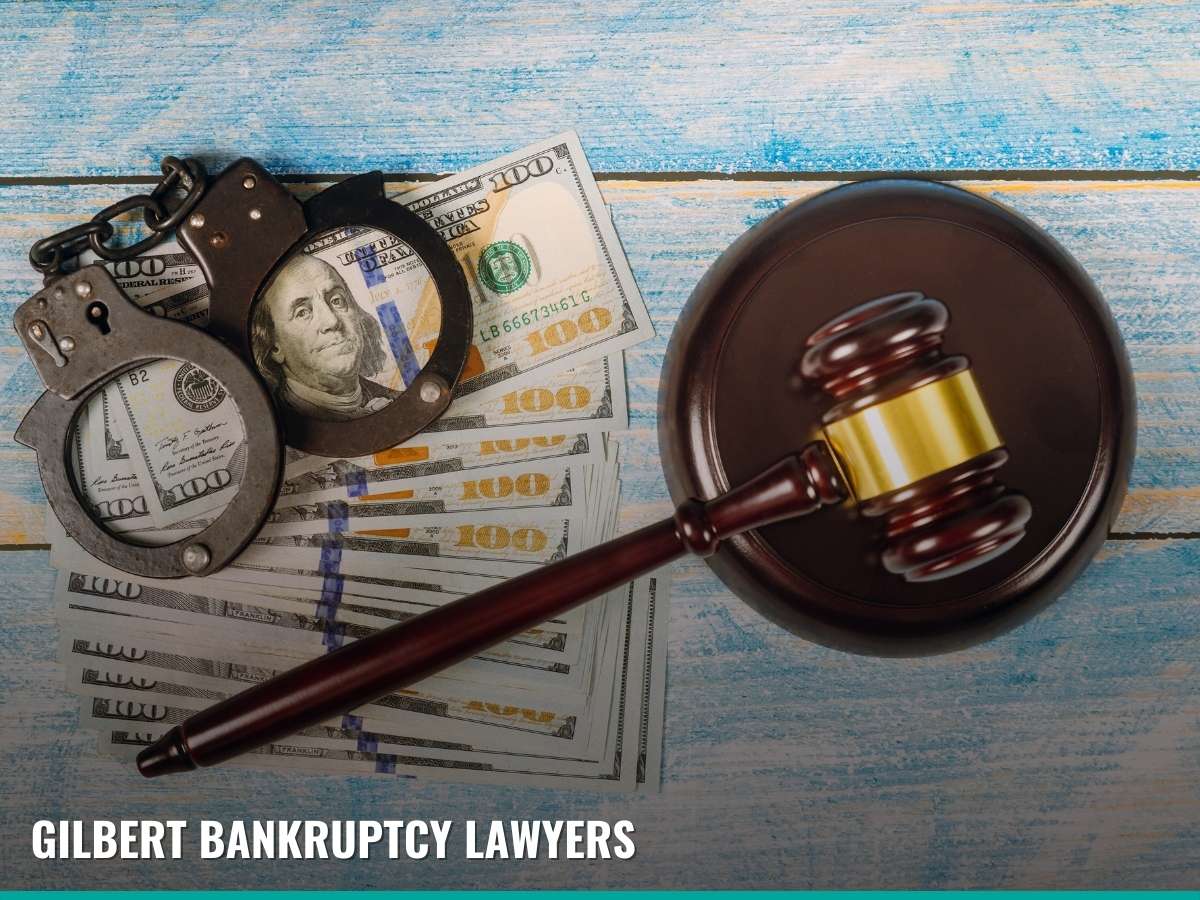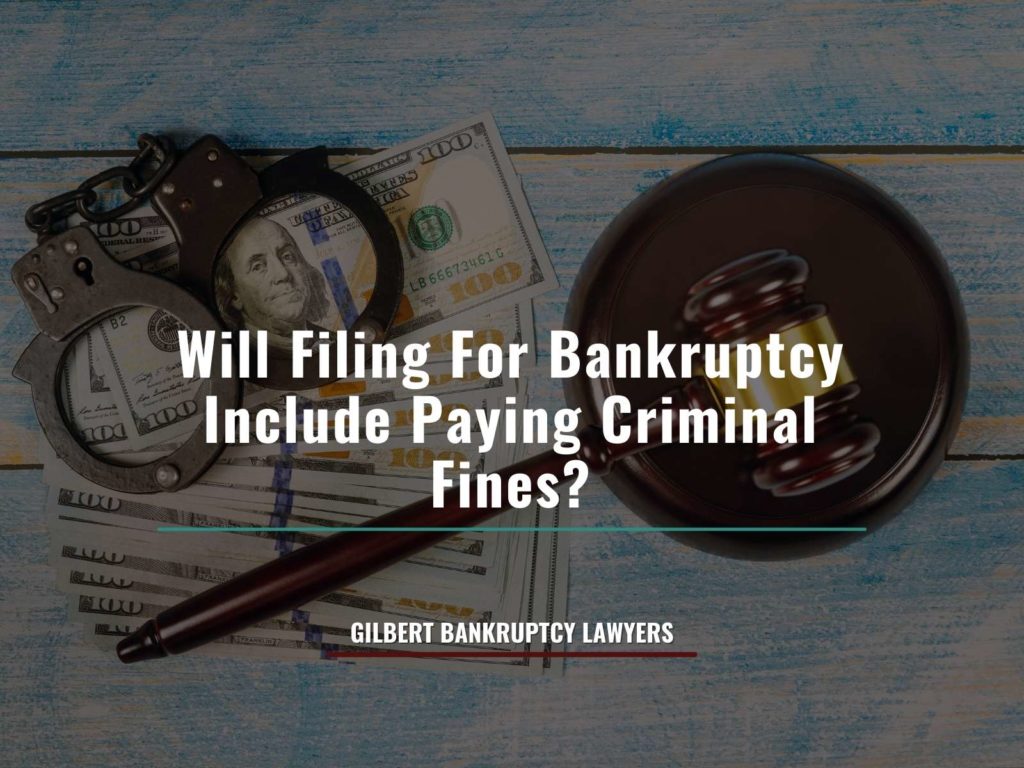Understanding Bankruptcy: Dischargeable & Non-Dischargeable Debts
Understanding what is and is not dischargeable in bankruptcy is important, especially if you have certain fines based on a past criminal conviction. Bankruptcy may be a good decision, but you may still have some debts once it’s over.
The best you can do is to go into a bankruptcy process with caution. You can also get well-informed by contacting an experienced Gilbert Bankruptcy lawyer. Read the information below to learn more.

What is a ‘Discharge’ in Bankruptcy?
A ‘discharge’ in bankruptcy is when the court releases you from a specific debt. This way, you don’t have to pay for it anymore, and the creditor doesn’t come after you.
Discharge is specific, meaning that it only works for certain debts. A bankruptcy court may discharge some debts and not others. In other words, the court doesn’t necessarily discharge all of your debts, so you have to be very careful with it.
Besides, the discharge is often automatic unless a creditor objects to it. For example, some courts present a discharge in Chapter 7 when the time limit to file an objection is up (normally four months after you file).
Other chapters like Chapter 13 require you to opt for a payment plan for 3 or 5 years. After you finish the plan, the court offers you a discharge if you’re qualified. However, discharge under a Chapter 13 bankruptcy is more difficult, so you should talk to a Gilbert bankruptcy attorney to get better assistance.
Is it possible to discharge criminal fines in bankruptcy?
A criminal fine cannot get discharged. If you were found guilty of a crime, you may owe court costs and fines. You’ll have these debts whether you complete your bankruptcy case or not. Take into account that not all fines come from a criminal case.
You have to differentiate fines from civil action by a state and fines from the criminal court process. Civil fines and fees may qualify for discharge, contrary to others.
This information can be a little confusing, and it can vary depending on personal circumstances, so you can always contact a Gilbert bankruptcy law firm. Contacting a bankruptcy lawyer is always the best option if you aren’t sure whether the fines you owe are civil or criminal.
What debts can be discharged in bankruptcy?
The court can discharge all types of non-priority and unsecured debts. Some of them are medical bills, utility bills, rent, credit cards, as well as loans without collateral. But, there are some exemptions. A bankruptcy court doesn’t usually discharge the following:
- All kinds of taxes
- Unlisted debts (by the debtor in court documents).
- Spousal and child support.
- Debts for malicious injuries to properties or people.
- Debts to governmental units for penalties or fines.
- Student and federal loans.
- Debts for personal damages caused by drunk driving.
- Debts for specific tax-advantaged retirement plants.
- Cooperative housing or specific condominium fees.
There may be other reasons why the bankruptcy court decides not to approve the discharge. For this reason, accurately recognizing what type of fines you have is important to choose the best strategy in court. It doesn’t have to be filing for bankruptcy, although it can be of great help in some cases.
The dischargeable debts also depend on the bankruptcy chapter. It’s not the same filing for Gilbert Chapter 7 Bankruptcy as filing for Chapter 13.
You can discharge debts once you finish a Chapter 13 repayment plan that you cannot discharge with Chapter 7. Say, the non-criminal fines you owe the government can be discharged in Chapter 13, but they can’t be discharged in Chapter 7.
Where can I learn more about bankruptcy?
No one chooses bankruptcy because of one expired bill. Most people are behind on numerous debts like auto loans, credit cards, student loans, court fees, and so on. That’s because filing for bankruptcy is never easy. It is a delicate financial matter that can impact credit opportunities. However, it is also a necessary process to get a fresh start.
Contact a Gilbert Bankruptcy attorney for debt relief
If you’re past due on many debts, and you have no idea where to start your debt relief, contact our Gilbert Bankruptcy Attorneys. Whatever has caused you to find yourself in a financial crisis, Gilbert Bankruptcy Lawyers guarantees that there is hope for your situation! Call or use our online form to schedule your case evaluation today.
Gilbert Bankruptcy Lawyers
Office: 480-448-9800
Email: info@myazlawyers.com
Website: https://gilbertbankruptcylawyers.com
